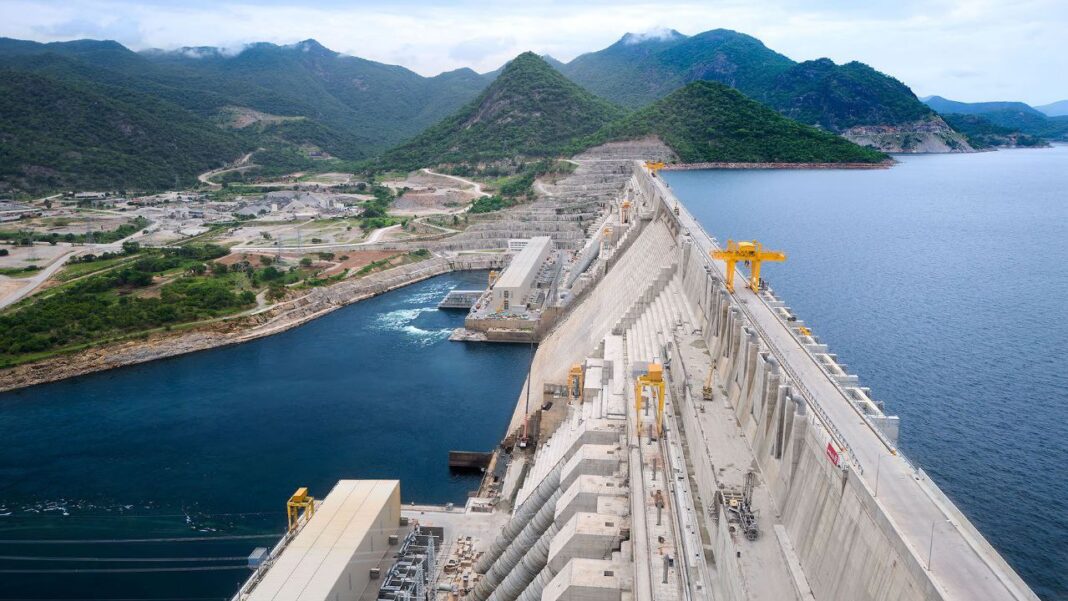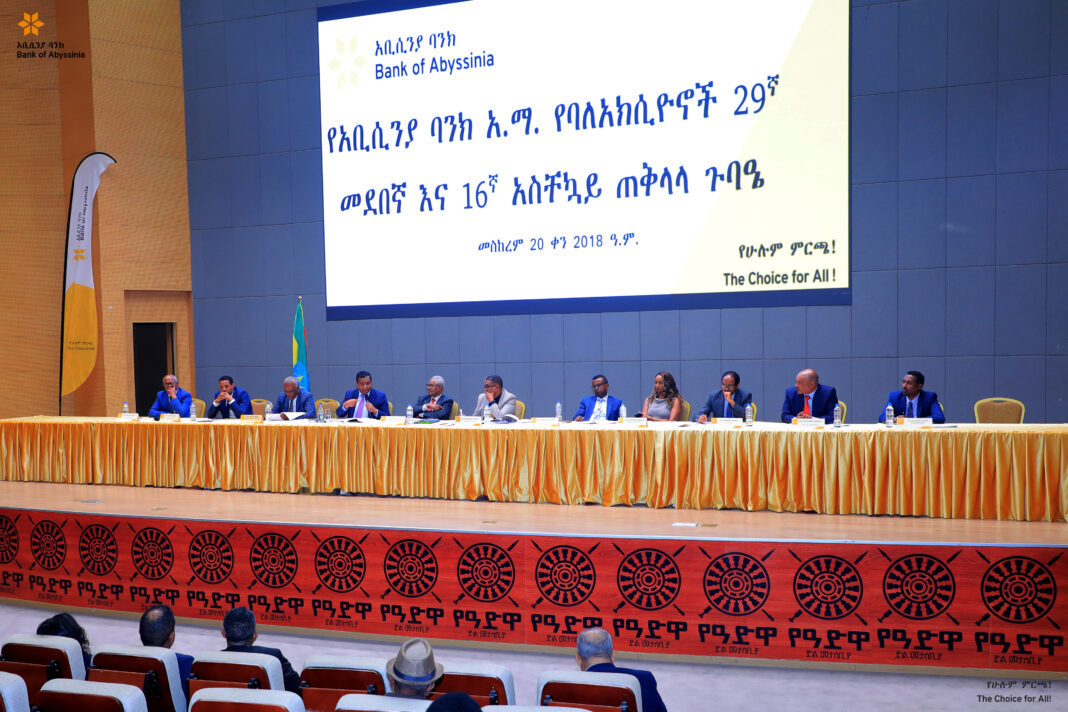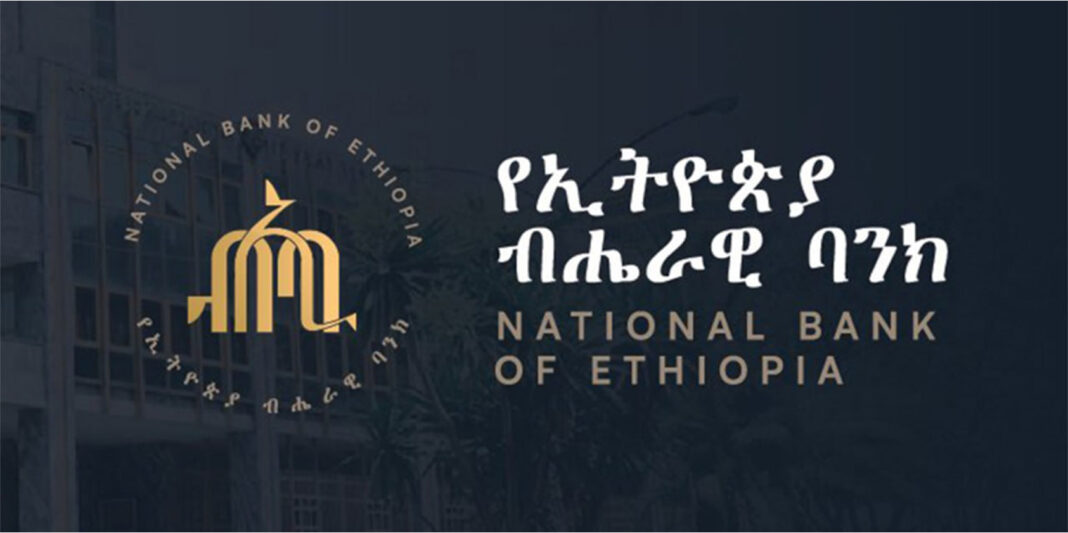The Ministry of Water and Energy (MoWE) has strongly dismissed recent accusations from Egypt concerning the Grand Ethiopian Renaissance Dam (GERD), labeling them as baseless and full of contradictions.
The Ministry underscored that historical data on the Blue Nile’s flow before the dam’s construction compared to the current regulated flow clearly disproves Egypt’s assertions.In an official statement released today, the MoWE highlighted that falsehoods have become a persistent trait in Egyptian institutional communications about the GERD and the Nile River.
It criticized the latest statement from Egypt’s Ministry of Water Resources and Irrigation as being filled with misrepresentations easily refuted by factual analysis.The Ministry pointed to 93 years of flow data from Sudan, noting that prior to the GERD, peak flood volumes could exceed 800 million cubic meters per day in August and 750 million cubic meters per day in September. In contrast, the dam’s regulated daily releases in August and September 2025 were significantly lower at 154.7 million and 472 million cubic meters respectively.
MoWE emphasized that the GERD has thus substantially reduced peak flood magnitudes, protecting communities downstream from the severe damage historically caused by these floods. The regulated flow from the dam, the Ministry explained, benefits lower riparian countries by mitigating catastrophic flooding during the heavy rainy season.
The Ministry also argued that without the GERD, recent heavy rains in Ethiopia’s highlands would have caused historic destruction in Sudan and Egypt. It stressed that these countries now benefit from more stable water flows year-round thanks to the dam.Notably, the Ministry criticized Egypt’s “patronizing tone” and its attempt to speak on behalf of other countries, which it said is contradicted by Sudanese officials.
Sudan’s Ministry of Agriculture and Irrigation has attributed recent floods primarily to increased flows from the White Nile—unconnected to Ethiopia—and to damage from ongoing conflict worsening flood impacts.By disregarding these facts, Ethiopia said, Egypt unfairly blames Ethiopia in a bid to mislead the international community and craft a false narrative of victimhood.
The Ministry reiterated Ethiopia’s commitment to pursuing its development goals while maintaining cooperation frameworks with Sudan for data sharing and expert collaboration.Ethiopia underlined that the GERD has prevented what could have been catastrophic floods in Sudan amid this year’s heavy rainfall.
The country vowed to continue upholding professional standards in the dam’s operation and rejected the “false accusations and defamatory” claims from Egypt.The statement concluded by urging Egyptian authorities to abandon their outdated notions of hydro-hegemony over the Nile and embrace cooperative approaches for shared prosperity among Nile Basin countries.
It hailed the GERD as a source of pride for Ethiopia, the Nile Basin, and continental African development, asserting that Africa’s rise will not be hindered by clinging to “historic rights” rooted in colonial-era thinking.This response from Ethiopia comes amid ongoing tensions over the GERD’s impact on downstream nations, highlighting deep divisions but also opportunities for dialogue and cooperation on Nile water management.







